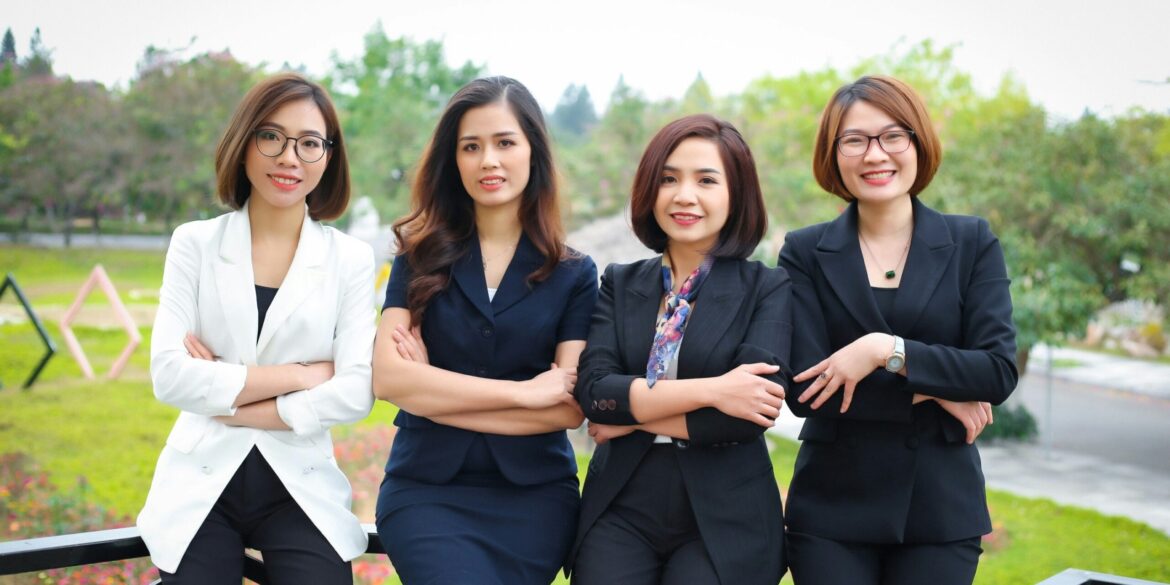The legal profession continues to see inspiring changes in its leadership, as more women take prominent roles in major law firms, corporate legal departments, and legal advocacy organizations. 2025 marks a milestone year with a growing number of female attorneys making history through their contributions to the legal field, legal reforms, and social justice initiatives. These trailblazing women are breaking barriers, influencing policy, and reshaping the future of law.
Trailblazers in Corporate Law
In 2025, Lisa Carter, the managing partner of a prestigious New York-based law firm, became the first woman of color to lead the firm’s mergers and acquisitions (M&A) practice. Carter, whose expertise spans both the corporate and nonprofit sectors, has been instrumental in several multi-billion-dollar deals. She has also been a strong advocate for diversity and inclusion in the legal industry, pushing for changes in hiring practices and corporate policies to foster an environment of equity. Under her leadership, the firm has seen an increase in diverse clients and a stronger commitment to ethical corporate governance.
“My mission is to bring an inclusive approach to the corporate world,” said Carter in an interview. “When diverse perspectives come together in a strategic partnership, the outcomes are powerful, innovative, and far-reaching.”
Her efforts have not only positioned her as a prominent figure in corporate law but also as a role model for young lawyers of color aspiring to lead in top firms. Carter’s leadership exemplifies how diverse leadership can benefit the business world, and her work serves as an example for other firms aiming to embrace diversity in their decision-making processes.
Advocacy and Legal Reform
Another prominent figure is Maya Rodriguez, the founder of the Legal Equality Initiative (LEI), a nonprofit that advocates for marginalized communities. Founded in 2017, LEI has been at the forefront of criminal justice reform, fighting against disproportionate incarceration rates and advocating for the rights of underserved communities. The nonprofit has gained national attention for its role in the landmark Rodriguez v. Texas case, where they successfully challenged voter suppression laws that disproportionately affected minority communities.
Rodriguez has been an influential voice in pushing for reforms to the U.S. criminal justice system, advocating for decriminalization policies and alternatives to incarceration. “Equality in the legal system is not just a cause; it’s a necessity for a functioning democracy,” Rodriguez stated in her acceptance speech after receiving the 2025 Legal Advocate of the Year Award. LEI’s work has led to significant policy shifts, including the passage of new legislation in Texas aimed at reducing mandatory minimum sentences for nonviolent offenders.
Rodriguez is also deeply involved in legal education, working closely with young attorneys to ensure they understand the intersection of law and social justice, encouraging them to pursue careers in public interest law.
Paving the Way in Legal Education and Mentorship
Across the country, women are also making significant strides in legal education. Professor Rachel Wong, an expert in constitutional law at Harvard Law School, has been instrumental in shaping discussions around civil rights and equal protection in the legal classroom. In 2025, Wong received the prestigious Legal Educator Award for her contributions to legal education and mentorship of future legal leaders. She is known for her rigorous approach to constitutional law, particularly in her classes on the Bill of Rights and civil liberties.
Wong’s classroom fosters an environment where students not only learn about the law but also about how it impacts the lived experiences of individuals in marginalized communities. Her mentorship has had a lasting impact on many of her students, some of whom have gone on to clerk for federal judges or work in human rights organizations.
“I believe in teaching students to think critically about how the law functions in society,” Wong explained. “It’s not just about learning rules; it’s about understanding the purpose of those rules in advancing justice.”
Barriers and the Future of Women in Law
While the progress of these women has been inspiring, challenges remain. Women, particularly women of color, continue to be underrepresented in leadership roles within law firms and at the top levels of the judiciary. Although progress has been made, a 2024 study by the American Bar Association showed that women still represent only 30% of partners at major law firms, and this figure is even lower for women of color.
The barriers to equal representation include systemic biases, lack of mentorship opportunities, and the demanding work-life balance that often makes it harder for women to climb the ranks in law firms. However, as more women like Carter, Rodriguez, and Wong break through those barriers, they create new pathways for future generations of women lawyers.
“Women in law are no longer waiting for opportunities to come to them,” said attorney and legal educator Maria Reyes. “They are creating opportunities and leading the charge to change the profession for the better.”
These trailblazing women are not only reshaping the legal profession but also paving the way for future generations to break through glass ceilings and change the landscape of law for years to come.

